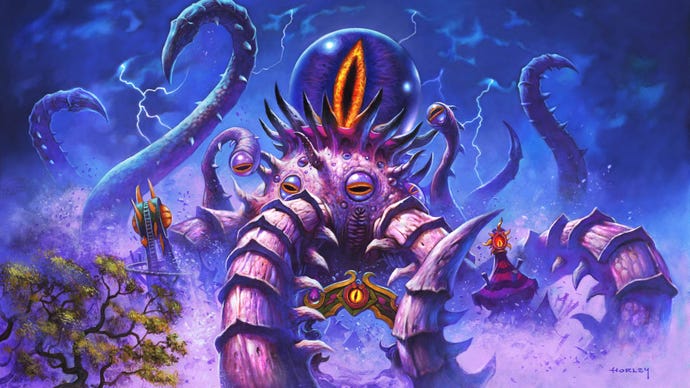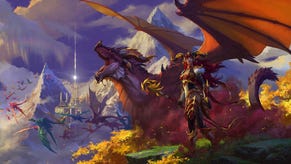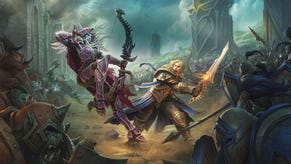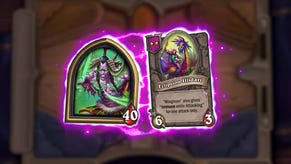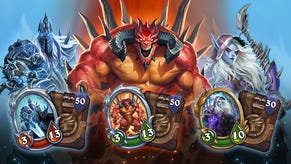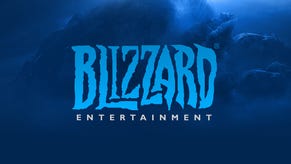Hearthstone Is Playing the Hits As It Revamps the Way Players Earn Their Cards
Blizzard wants to make free progression less inscrutable and intimidating.
This article first appeared on USgamer, a partner publication of VG247. Some content, such as this article, has been migrated to VG247 for posterity after USgamer's closure - but it has not been edited or further vetted by the VG247 team.
Hearthstone has been around for about six or seven years now, depending on who you ask. It's easy to think of the digital card game as having run for a while now, but putting a number on it really emphasizes just how long.
I remember sitting in a college classroom, pretending to listen to lectures as I fervently spammed refresh and scoured the internet, searching for a charitable soul with a beta key. If I remember right, I joined Twitter to expand my search range; a Faustian deal if there ever was one. Back then, Hearthstone: Heroes of Warcraft was a bit more straightforward. Build a deck and compete, or head into the Arena to run a draft.
Now, Hearthstone is much, much more. It's iterated over the course of numerous sets, developed single-player options, added a new class, and hopped onto the autobattler craze. Blizzard itself has seen the team change as the years have gone on, and even found itself at the center of a global controversy.
With the latest expansion to Hearthstone, Madness at the Darkmoon Faire, big changes are happening. Part of the expansion hearkens back to some of Hearthstone's shining peaks: a return of the Old Gods like C'Thun and Yogg-Saron, and a new Duels mode that combines the competitive draft of Arena with the run-based, power creep deckbuilding of its solo Dungeon Runs.
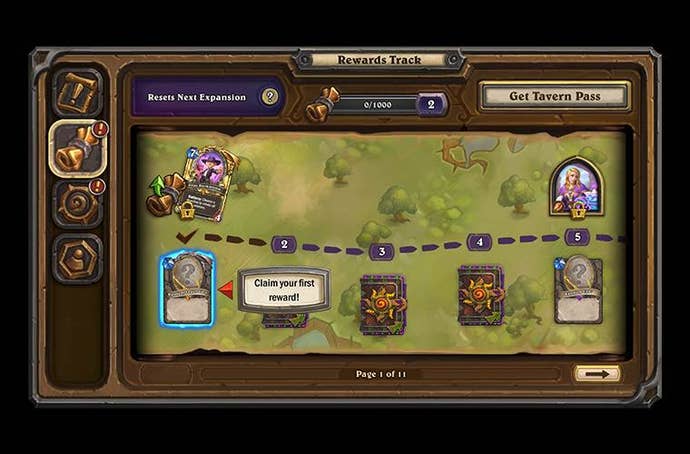
But the big shift coming down the pipeline next month is Blizzard moving towards a new progression track, which overhauls how it approaches its player rewards. The Reward Track is, essentially, Hearthstone's version of the increasingly common battle pass system. It's a series of progressive achievements in which you gain experience from completing Quests and playing the game, receiving rewards as you reach certain tiers. These rewards include card packs, tickets for the Arena or Duels, gold, and some special cards.
There's also a premium track, bought through the Tavern Pass, which adds an experience boost and cosmetics. Nothing "economic" is in that track, so you won't be getting more card packs or special Legendaries if you opt for the premium.
For Hearthstone, it's a notable step. Hearthstone is free-to-play, and has always been free-to-play. It's also a digital card game, one where building a collection and constructing a pristine deck is part of the experience, and that means booster packs, acquired through money or playtime.
For this new rewards track to work, there's a careful balance that has to be struck. In a roundtable interview, Hearthstone Game Director Ben Lee says the changes being made to progression are intended to get players "feeling good" about playing Hearthstone, especially about how rewarded they feel for doing so.
"We're also trying to make sure players come out feeling good," Lee says. "If we're going to invest in making such a big system and big change to the game, we want players to feel good about it."
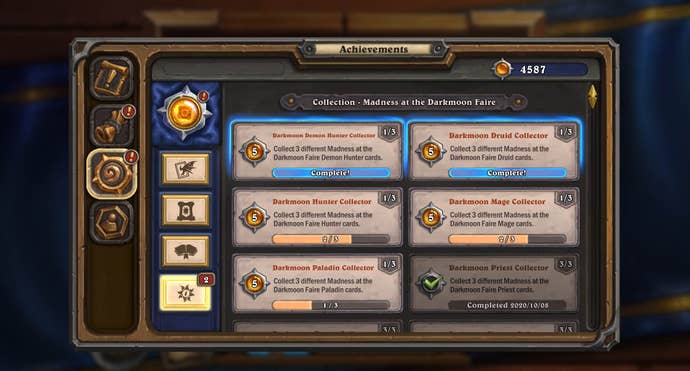
This adjustment to Hearthstone's progression comes from a place of both wanting to better reward players, and also make them aware of when they're making progress. "We come under fire a lot for how kind of expensive the game is, and how inaccessible it is in some people's minds," Lee says. He describes past changes, like protections against getting card duplicates in successive packs, meant to make rewards more meaningful.
Making all of it feel approachable is also key, though. With so many sets, expansions, mechanics, and modes to play, it can feel overwhelming to juggle progression on top of that. The worst feeling in a free-to-play game is not knowing if what you're doing will actually net you something of worth or not.
That's actually a part of why the Achievements system, another new progression mechanic that rewards players for specific milestones and goals, isn't rolling out tasks in droves right away. The more you have going on, the more confusing it might be for a returning player to get back into the swing of things. As Lee notes, there's a lot of content in Hearthstone.
"We don't want people to feel that it's so overwhelming, so we kind of tried to put in what we feel is a reasonable, sensible amount of cool and interesting things to do across our different game modes," Lee says.
In practice, the basics of Hearthstone should feel roughly the same. Arena players can continue drafting, Ranked players can keep net-decking and meta-gaming, and the connoisseurs of weekly Tavern Brawl hijinks can still have a free pack waiting for them. Lee describes the new progression as a repackaging; a visual aid, like the rewards track, makes it easier to visually see and understand your progress where it might not have been apparent before.
"Historically, you know, if you look at the difference between now and then, we've really increased the rate of rewards and the rate at which you can obtain new things through that," Lee says of Hearthstone's past and present. "But we haven't been great at advertising that or describing that, or showing that to players, so if you're somebody that dips into the game a little more casually, it's pretty hard to understand or notice that."
The doors are already open for the first rollout of the Darkmoon Faire, and this progression system will start to lock in on Nov. 12, 2020. Alongside a batch of new cards and modes, this update is changing a fundamental part of Hearthstone: the way you get cards, and more importantly for a lot of players, how you get cards without paying money.
It's going to be tricky to start. Blizzard, of course, has to balance the desire to provide players with free options with the need to make money. It's a corporation, after all. Lee says he and the team are trying to be generous with the new system, however. It means balancing out that appeal with Hearthstone's long-term, devoted playerbase, and its expectations of how much playtime should be rewarded. Somewhere in that teetering, delicate balance, Hearthstone might find a new resurgence.
"These systems are big and complex, and you know, the proof is in the pudding," Lee says. "I think we've proven very much over the past few years that we're willing to change and we're open-minded, and we'll see."
